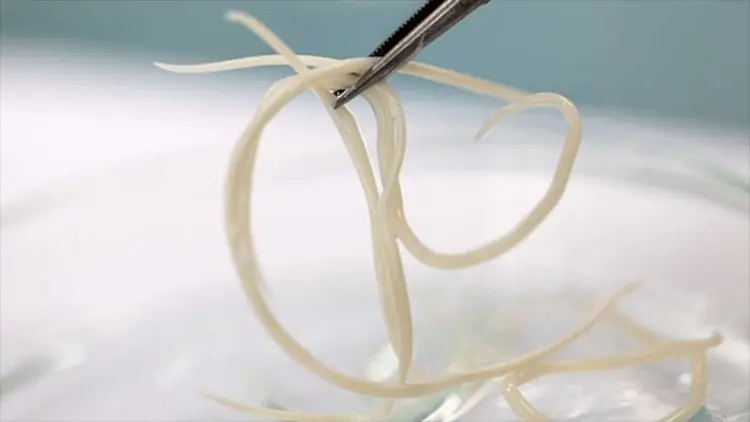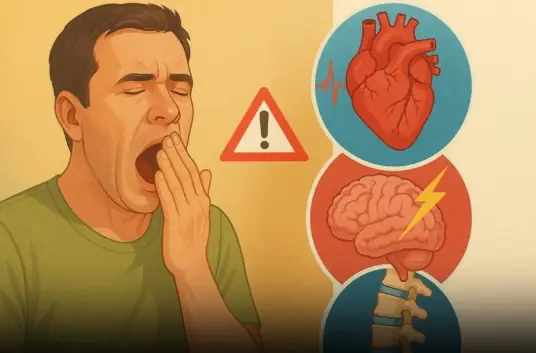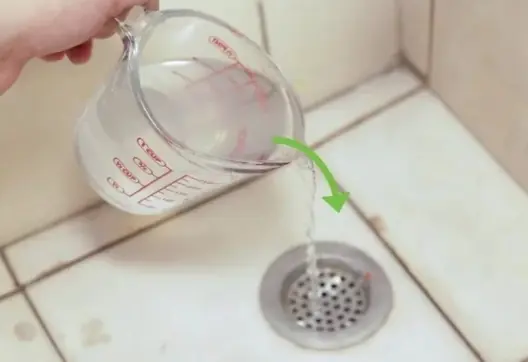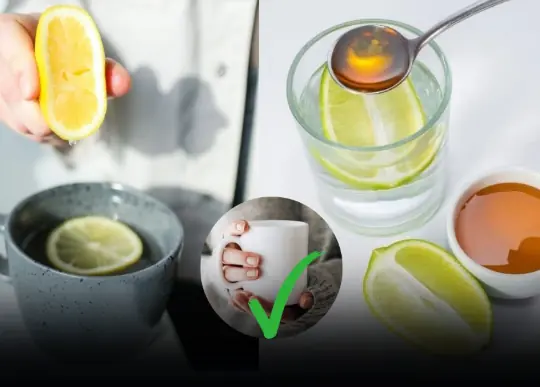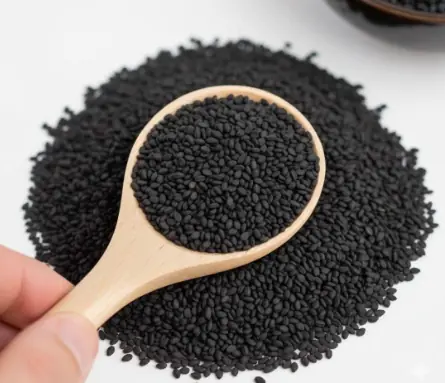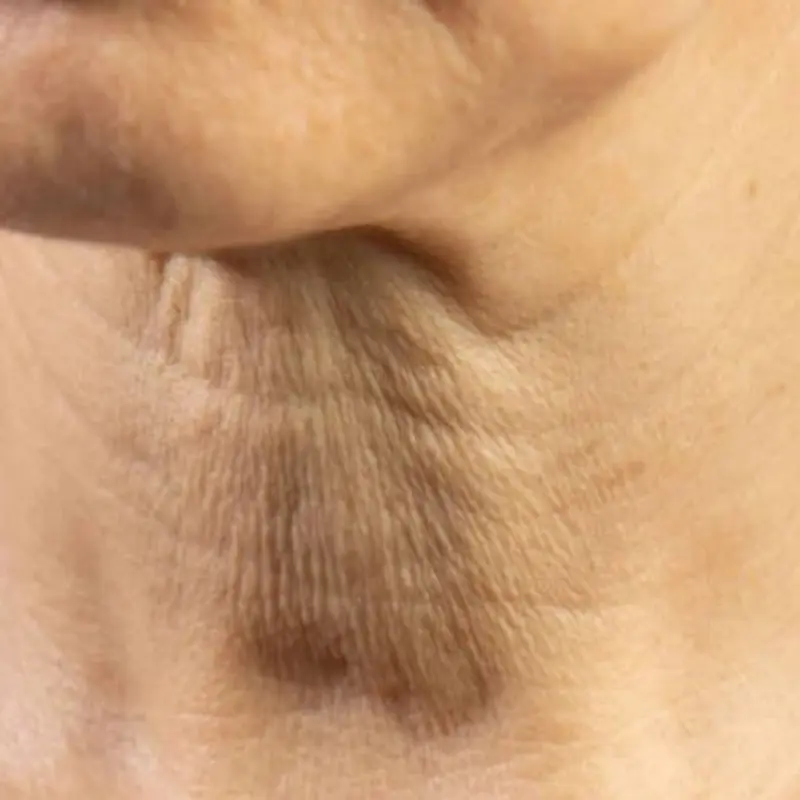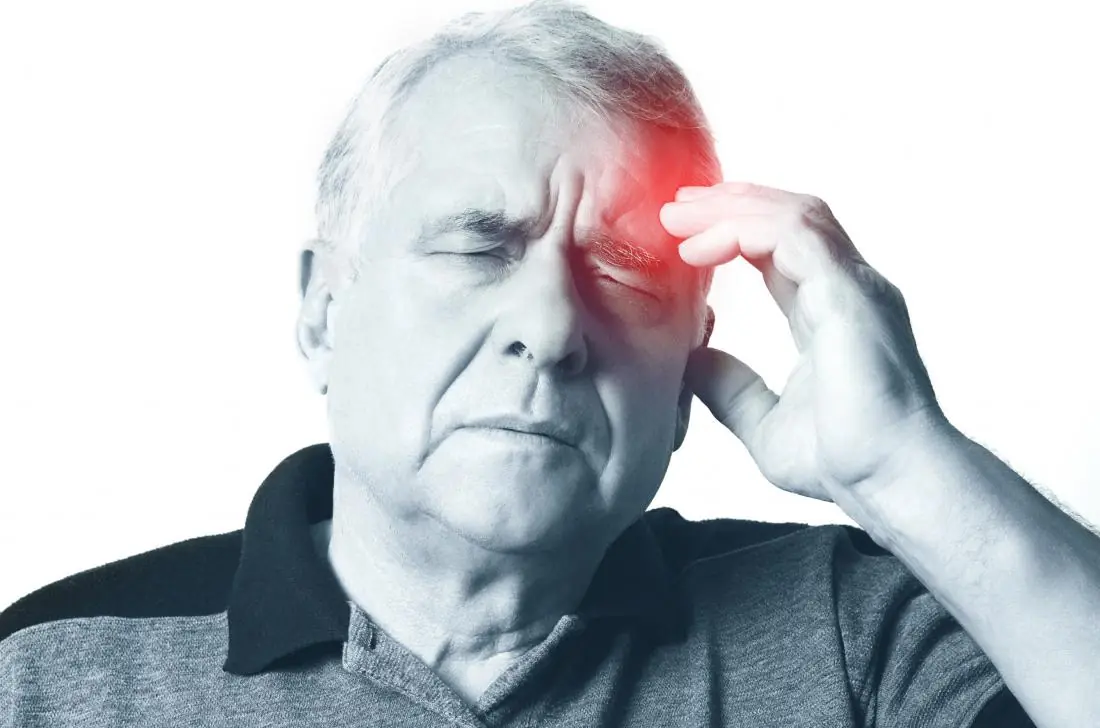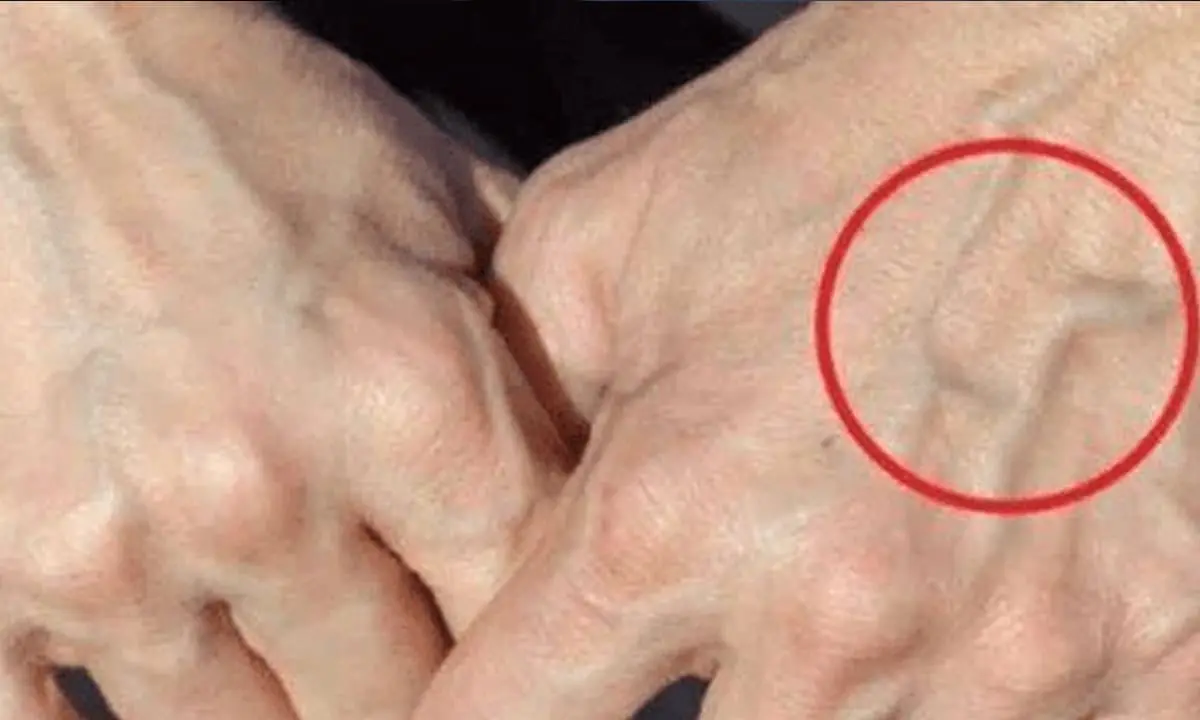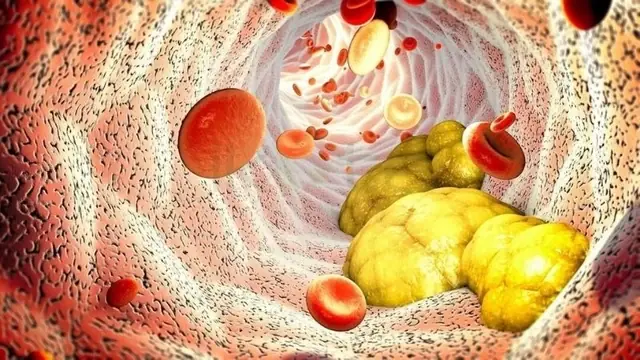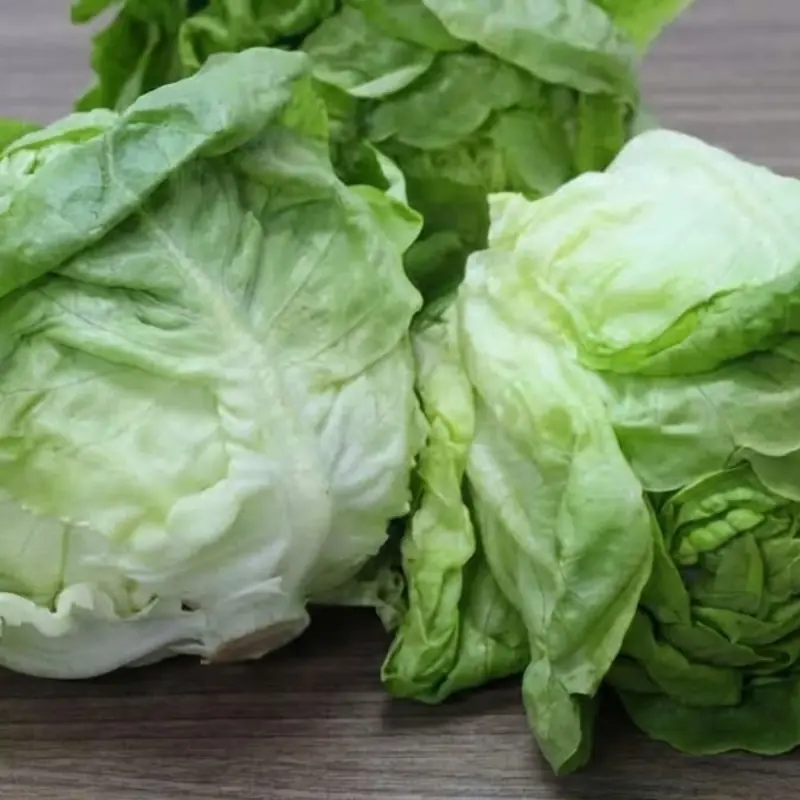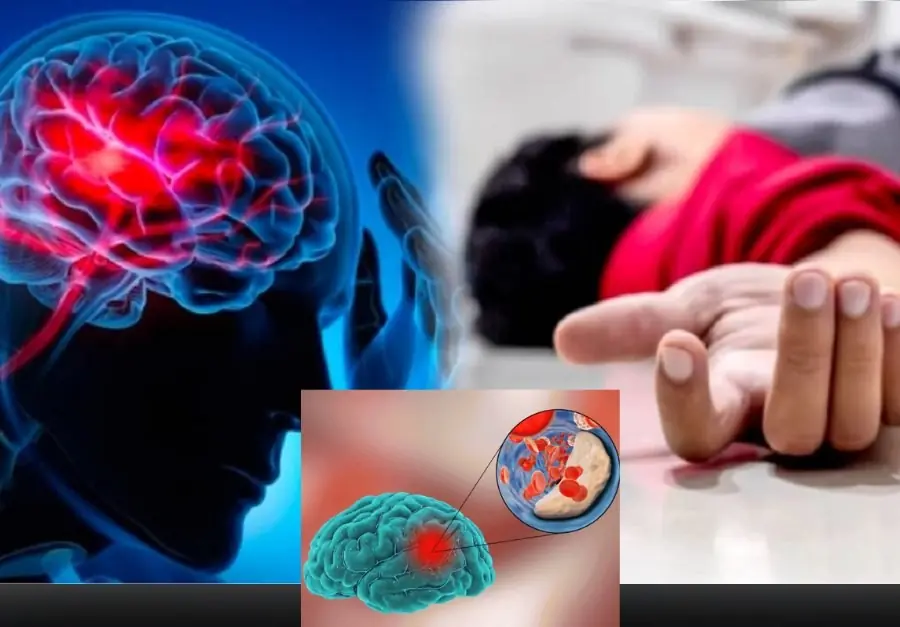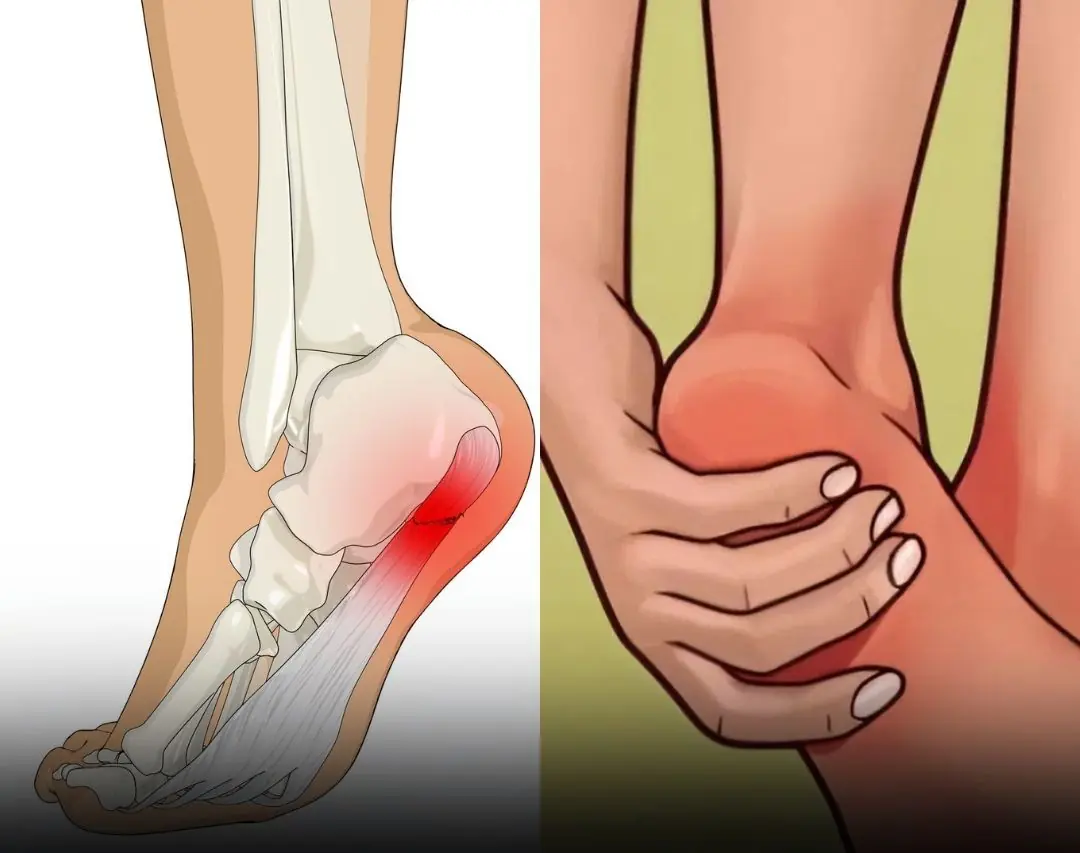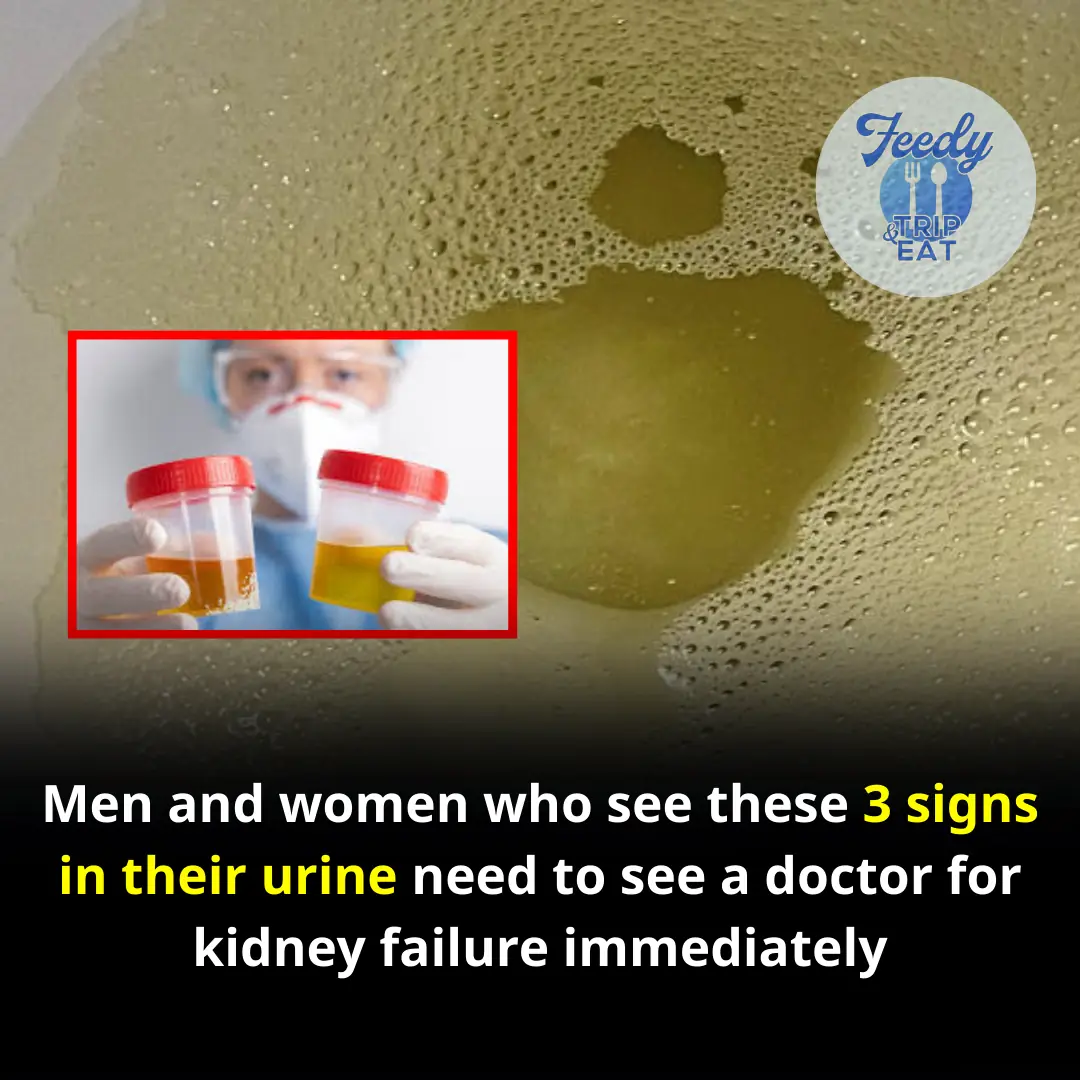
The Kidneys: Vital but Vulnerable Organs
The kidneys are among the most important yet also most vulnerable organs in the human body. Beyond the function most people tend to focus on—maintaining sexual health—the kidneys also carry many other responsibilities. These include filtering blood, producing hormones, absorbing minerals, producing urine, eliminating waste, neutralizing acids, and regulating blood pressure.
With the rapid changes in modern environment and lifestyle, kidney diseases have become increasingly common, especially kidney failure. What’s worrying is that kidney failure progresses silently yet worsens very quickly.
This condition is difficult to cure completely, often leaving patients in lifelong pain and dependency on dialysis. Even kidney transplantation carries risks, increasing the likelihood of other diseases (particularly cardiovascular problems) and requiring strict lifelong care. Compared to men, women are often more likely to underestimate kidney function and overlook early warning signs.
To avoid regretting a missed chance at the best treatment, both men and women should pay close attention to these 3 early signs of kidney failure in urination:
1. Reduced Urine Output
A healthy adult normally passes between 1,000 – 2,000 ml of urine in 24 hours. If urine output suddenly decreases or remains low for several days, two main factors should be considered:
-
Physiological causes: such as inadequate water intake or excessive sweating.
-
Pathological causes: such as urinary tract diseases, kidney damage, or other illnesses.
When daily urine volume drops below 400 ml, it is considered oliguria; below 100 ml is anuria.
In kidney failure patients, urine volume often decreases without a clear cause in the early stages. This indicates that the kidneys’ excretory function is already impaired. Without timely intervention, kidney failure will quickly progress, leading to widespread complications throughout the body.
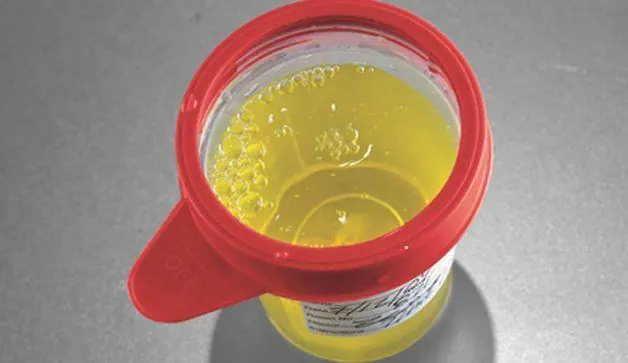
2. Foamy Urine
Many people assume foamy urine is harmless and ignore it. However, in most cases, it signals underlying health issues, particularly in the urinary system.
If foamy urine appears only once or twice, it could be due to mechanical or metabolic causes and may disappear quickly. In that case, there is little reason to worry. But if foamy urine occurs frequently and persists, you should see a kidney specialist promptly.
Because the kidneys are the main organs producing urine, any problem with them directly affects the characteristics of urine. Conditions such as kidney infections, nephritis, kidney failure, or kidney stones can all cause foamy urine.
Additionally, foamy urine may also be linked to other disorders such as diabetes, urinary tract infections, hypertension, or high proteinuria.
3. Blood in the Urine
Blood in the urine (hematuria) can be classified into true hematuria and false hematuria. False hematuria is often due to physiological factors, such as menstrual blood in women or pigments from certain foods.
True hematuria is divided into:
Normally, healthy kidneys prevent blood cells from passing into urine during filtration. But when the kidney filters are damaged, blood cells can leak into the urine. As kidney function weakens, waste and toxins accumulate in the blood, harming the body. At the same time, some red blood cells escape into urine, leading to hematuria.
In patients with chronic kidney failure caused by polycystic kidney disease, cyst rupture often allows red blood cells to enter the renal tubules, releasing hemoglobin into the urine. This results in red, blood-like urine, often accompanied by pain and discomfort.
Other Symptoms of Kidney Failure
Besides these three typical signs, kidney failure can also cause: frequent nighttime urination, loud snoring, shortness of breath, back pain, and bad breath. General symptoms include fatigue, swelling (edema), weakness, skin rashes, and itching.
How to Prevent Kidney Failure
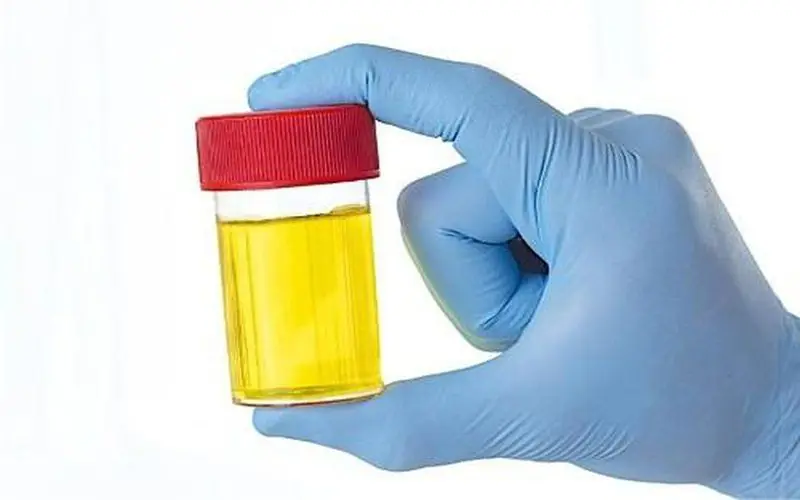
There are many causes of kidney failure: excessive salt, sugar, protein, and fat intake; low consumption of fruits and vegetables; sedentary lifestyle; stress and depression; smoking; alcohol consumption; and foods containing chemicals.
To prevent kidney disease, it’s important to adopt a healthier lifestyle by avoiding these harmful habits. Also, always monitor blood sugar and cholesterol levels, maintain a stable and healthy weight, and drink 1.5–2 liters of water daily (more on hot days or with heavy sweating). Exercise regularly, avoid holding in urine, and maintain moderation in sexual activity.
Avoid overusing medications, since some drugs can damage the kidneys, especially with long-term use or inappropriate doses. In addition, untreated metabolic or urinary tract conditions such as kidney stones, hydronephrosis, and pyelonephritis can gradually impair kidney function, leading to chronic kidney failure.
